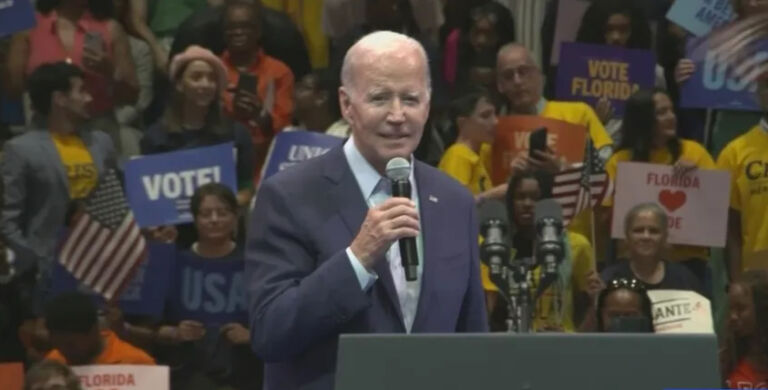Price inflation has ratcheted up to near historic levels over the past several months, hitting low-income households disproportionately hard.
While no region of the country has been immune from the devaluing of the dollar, price hikes have impacted states differently.
So where does North Carolina rank in cost of living increases compared to other states?
The congressional Joint Economic Committee has released its “State Inflation Tracker” report to show where inflation is running hottest among the states.
According to the report, overall prices increased by 10.5% from Jan. 2021 to April 2022. The inflation is estimated to “cost the average American household $569 in April 2022 alone,” and the inflation that has already occurred will cost the average household $6,829 over the next year – and that is if prices stop climbing altogether.
That amounts to a nearly $7,000 tax on the average U.S. household, a tax none of us voted for.
More specifically, the report estimates that the average North Carolina household is paying an extra $506 this month compared to Jan. 2021, thanks to inflation. Nationally, that amount is higher than 13 other states, ranking NC 14th. Unsurprisingly, transportation costs make up nearly half of that inflation, contributing $235 in added costs to the average household.
North Carolina’s inflation tax annualizes out to $6,072.
The state experiencing the highest dollar amount of inflation is Colorado, with $774. But no state matches the $806 inflation of Washington DC, which is not surprising given that is the source of the inflation.
West Virginia saw the lowest cost of living increase for a month with $442.
Of course, the dollar amount of added inflation is relative to each state’s relative cost of living prior to the inflationary period. On that score, North Carolina has an inflation rate of roughly 11% since Jan. 2021, in line with the national average.
With inflation squeezing household budgets, especially those of low-income households, it’s no wonder that inflation is the top policy issue for North Carolina voters.


